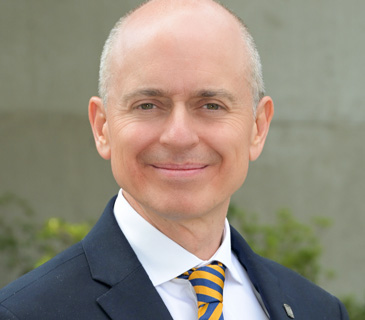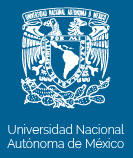Director
Dr. Alfred Barry U'Ren Cortés
no_spam@nucliades.unam.xmren


Contact:
Assistant: Evelyn Judith Rico Colin
Direct phone: +(52) (55) 5622 4670
Phone: 5622-4660 Ext. 4670
Email:
no_spam@nucliades.unam.xmon
Welcome
UNAM COMMUNITY
- Office for the Defense of University Rights
- UNAM Emergency: 56160914 ó 56220140
- PUMA Reaction: 56226464 ext 26464

